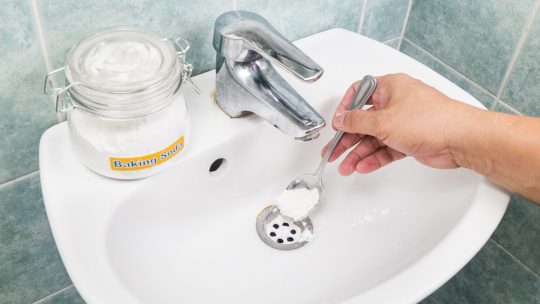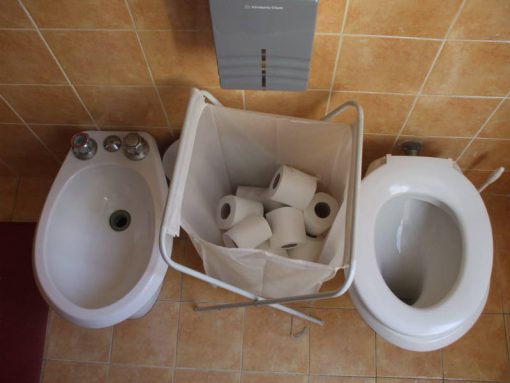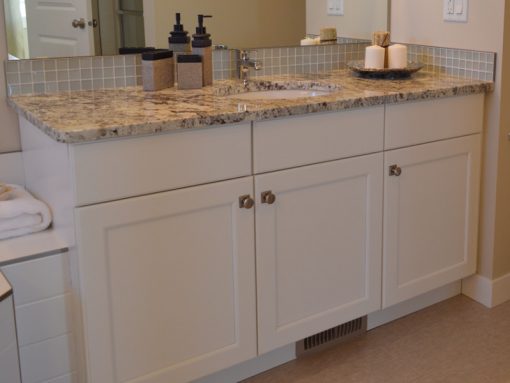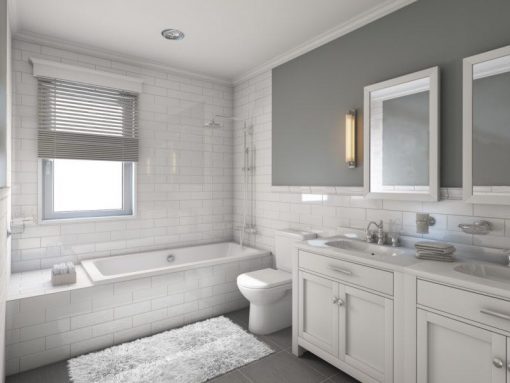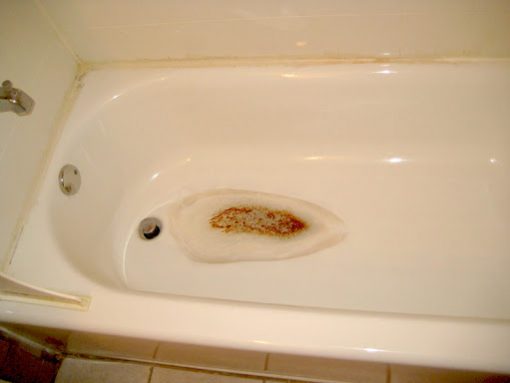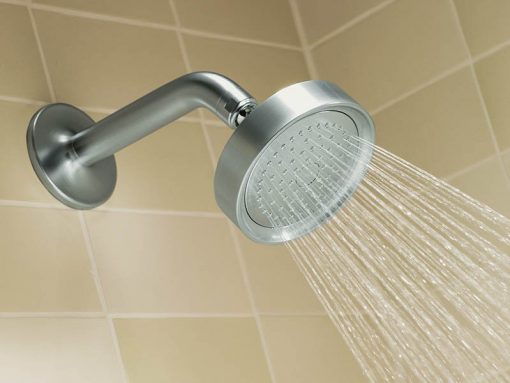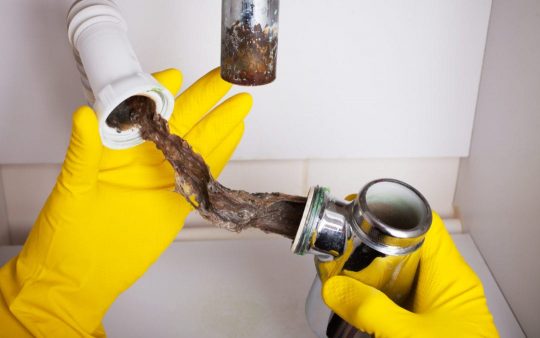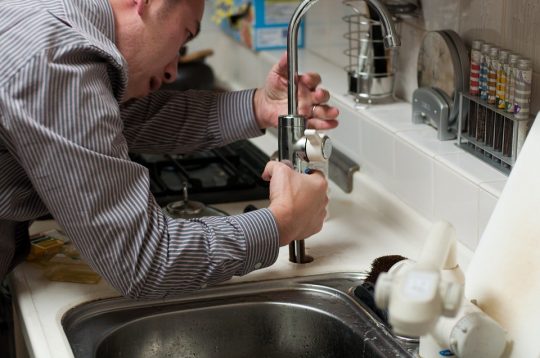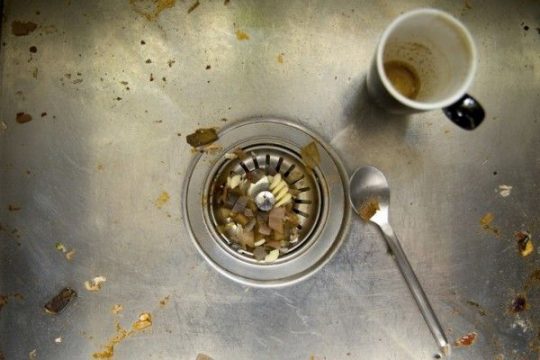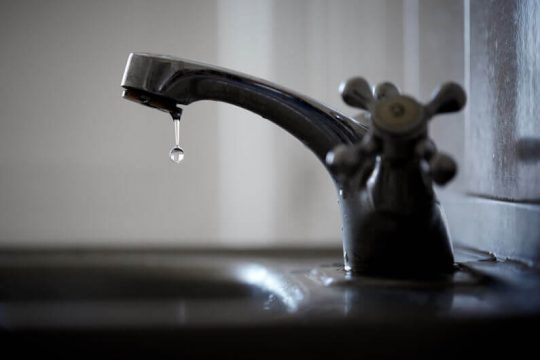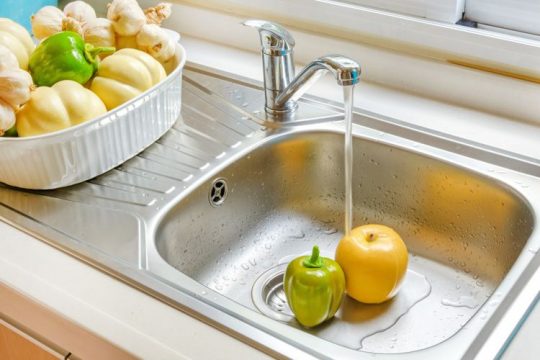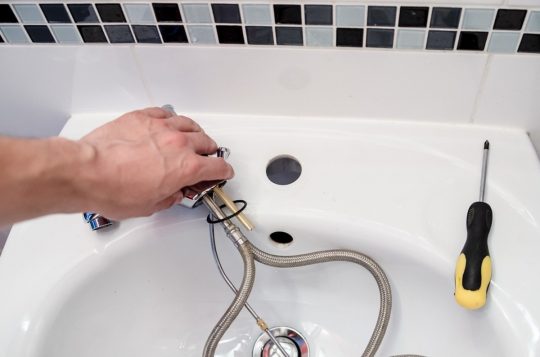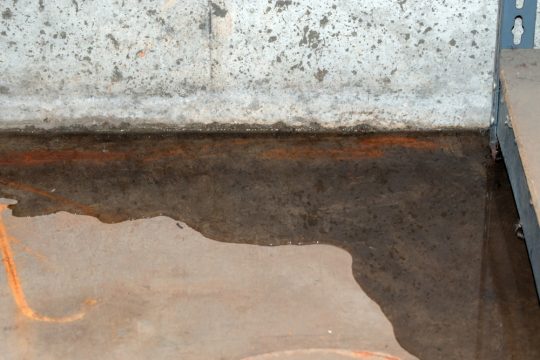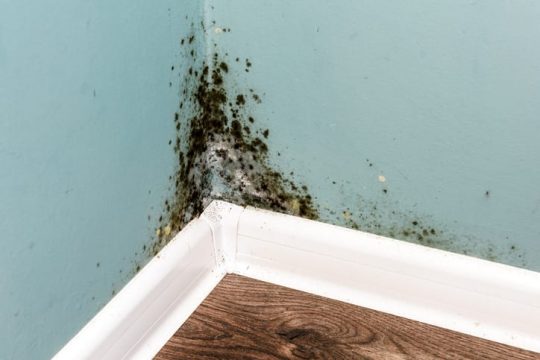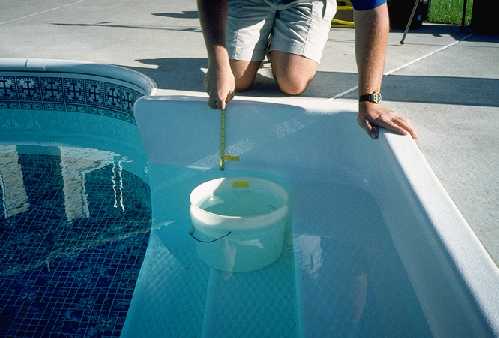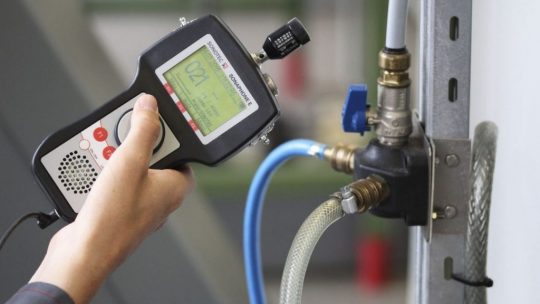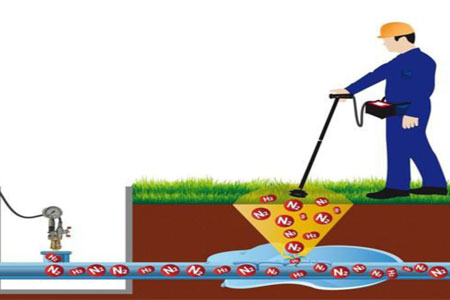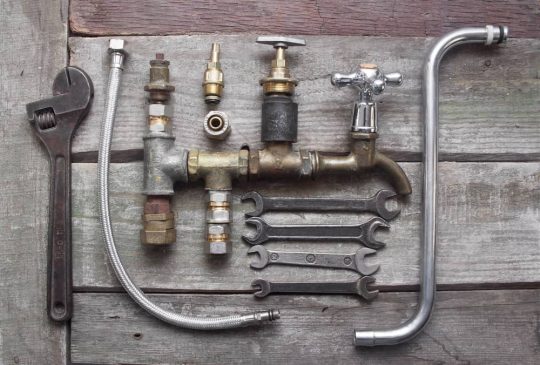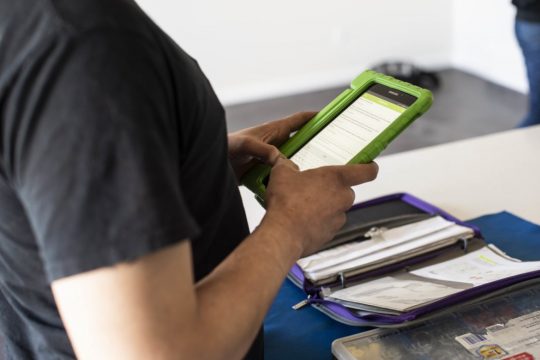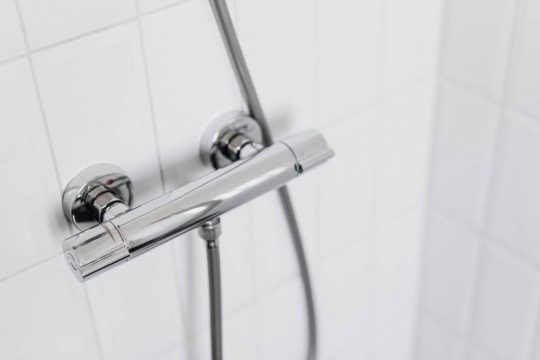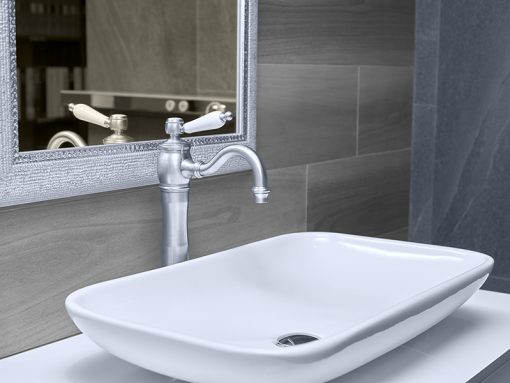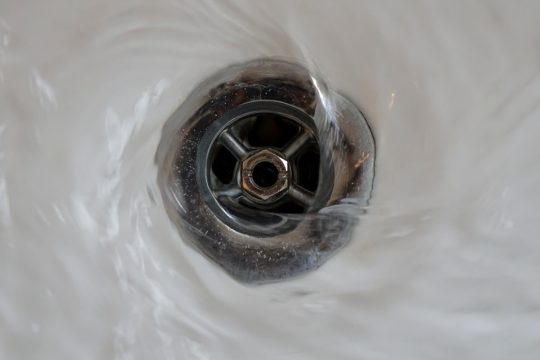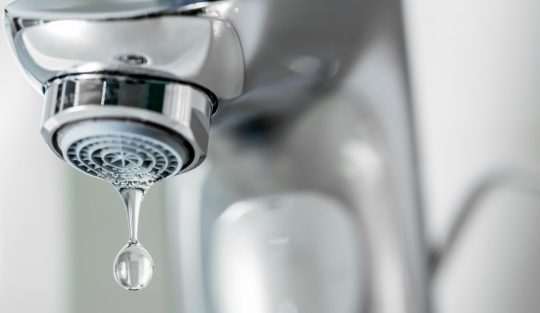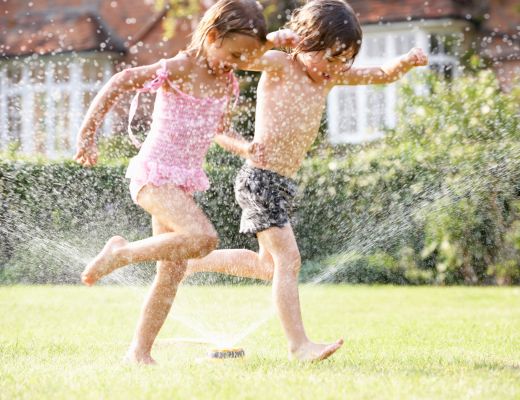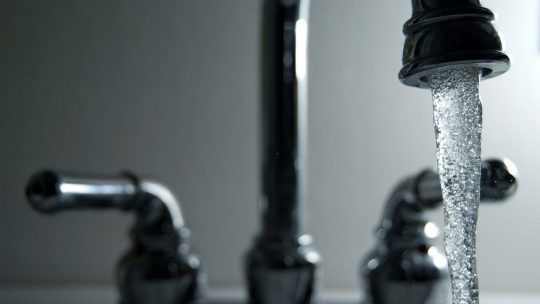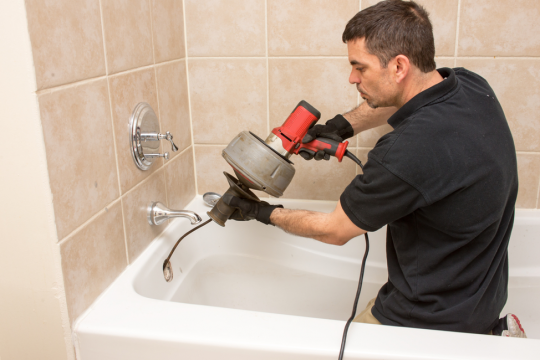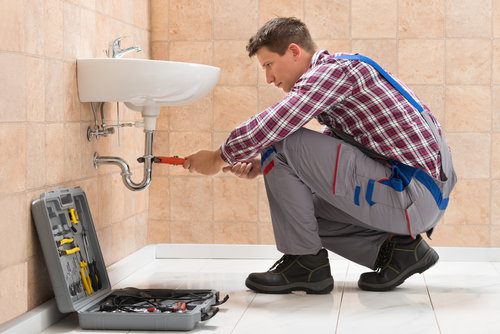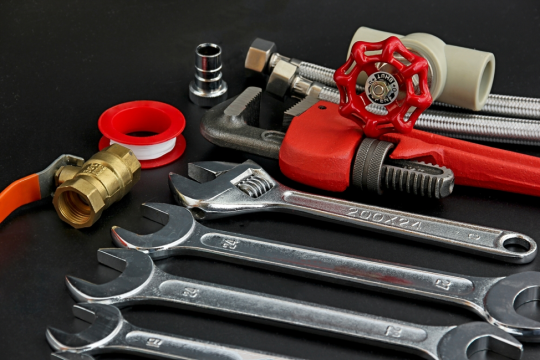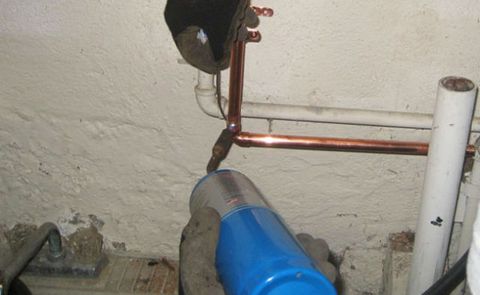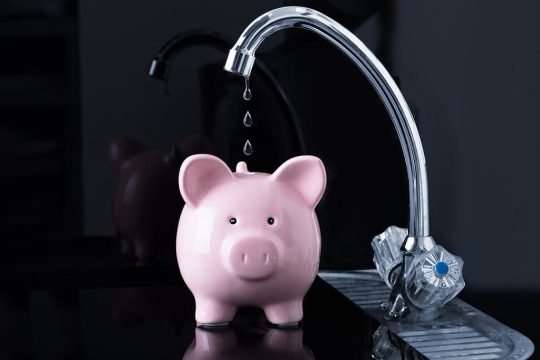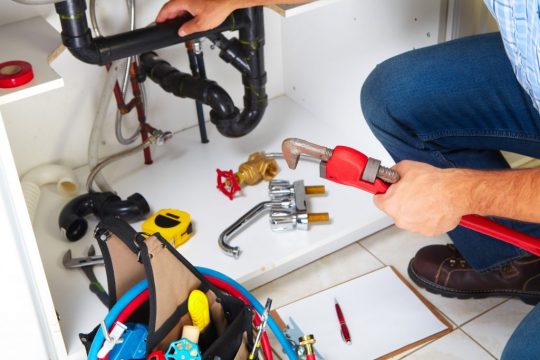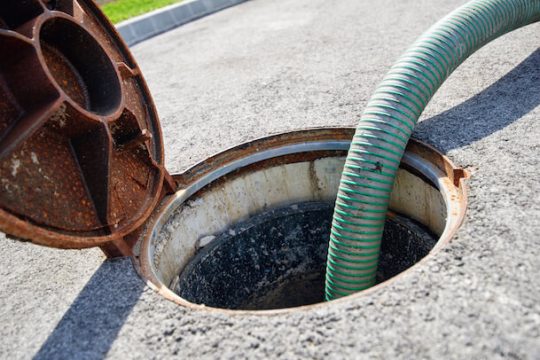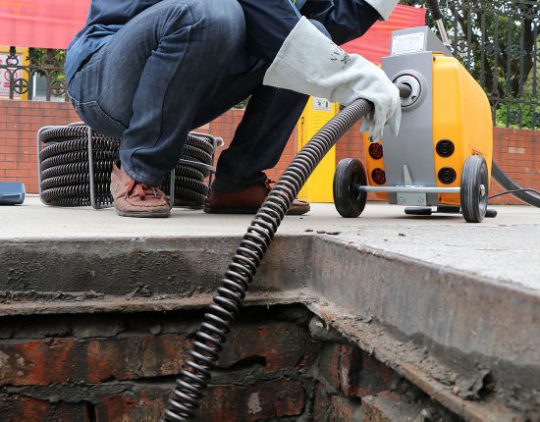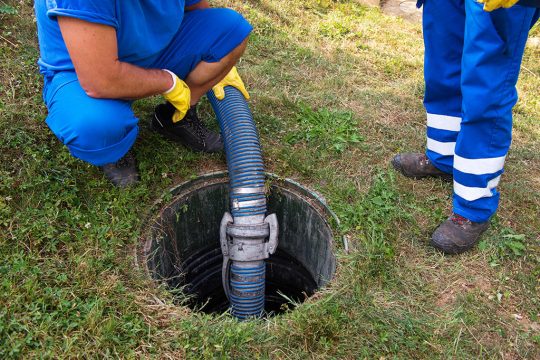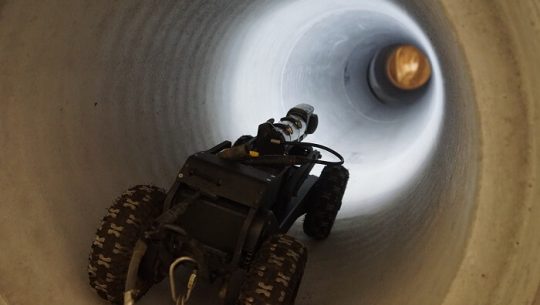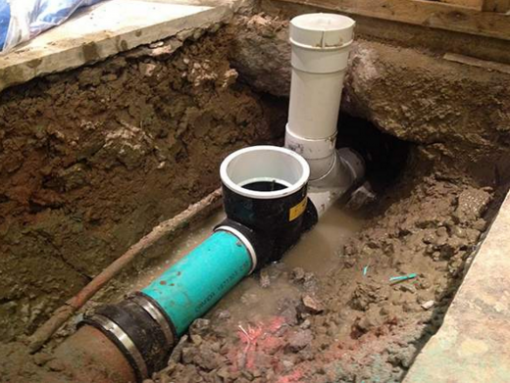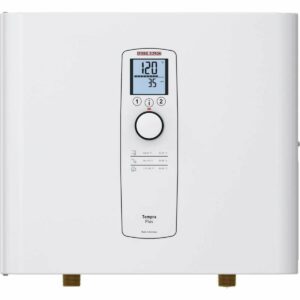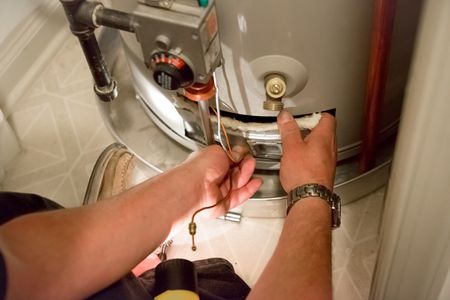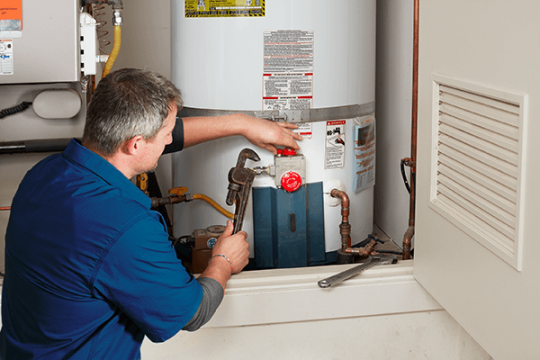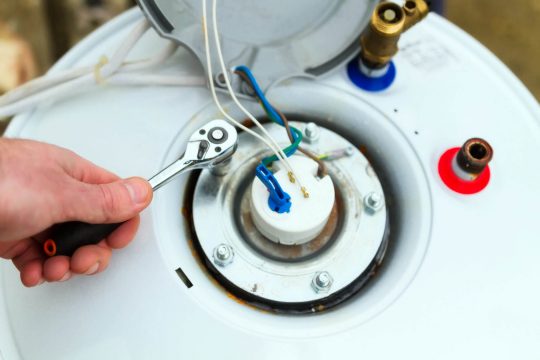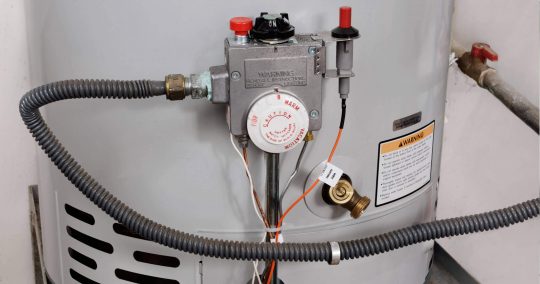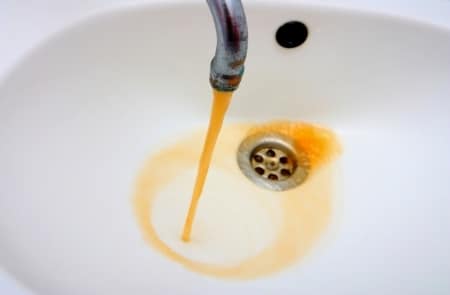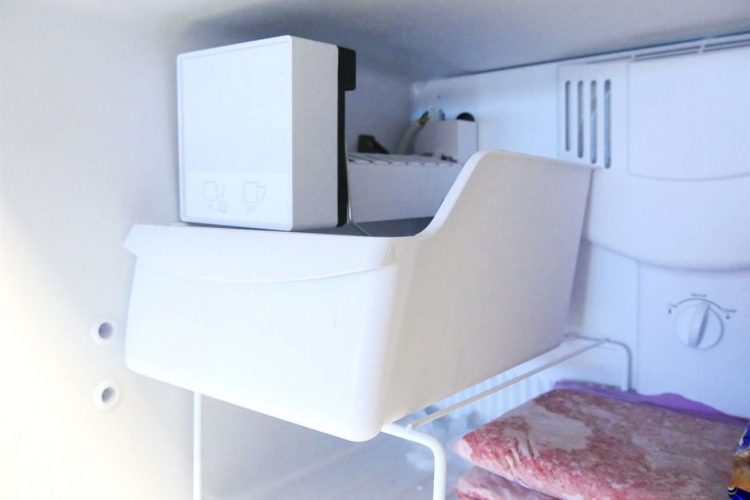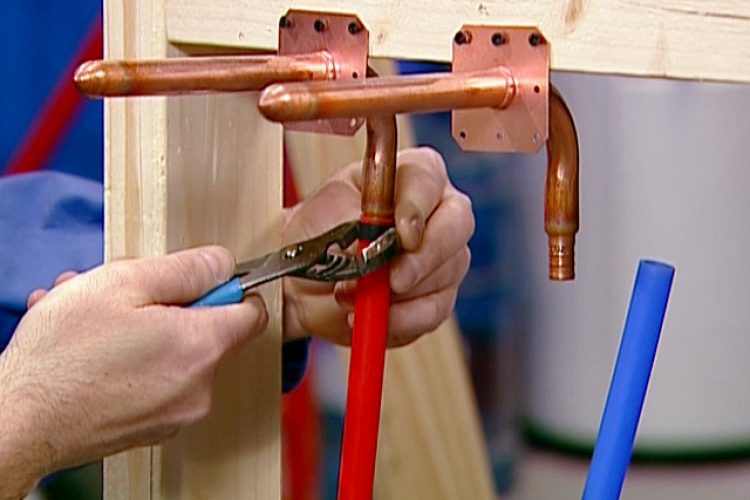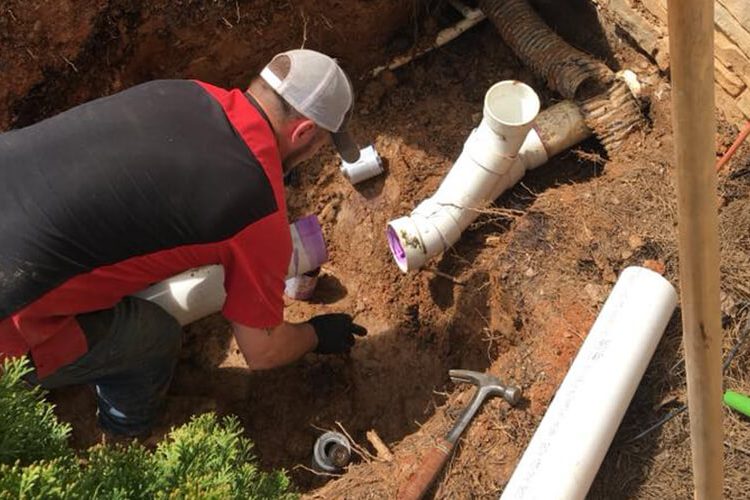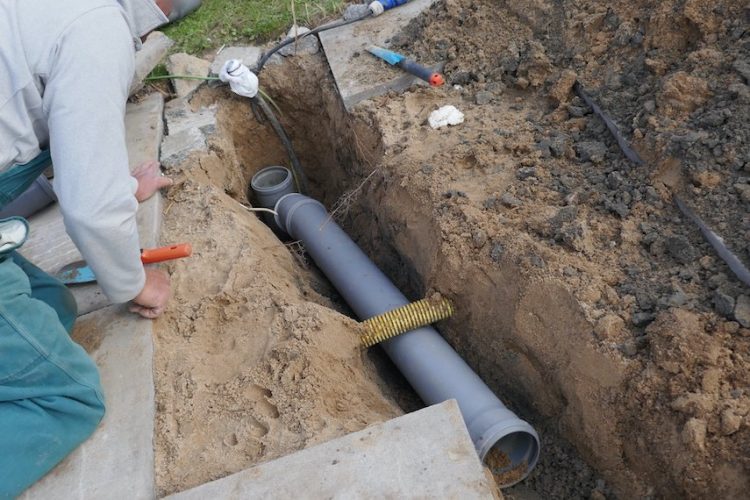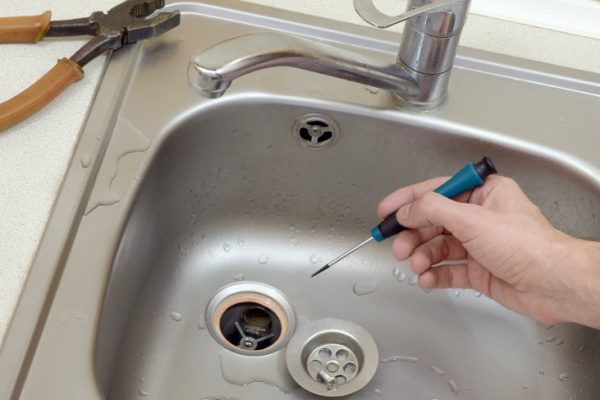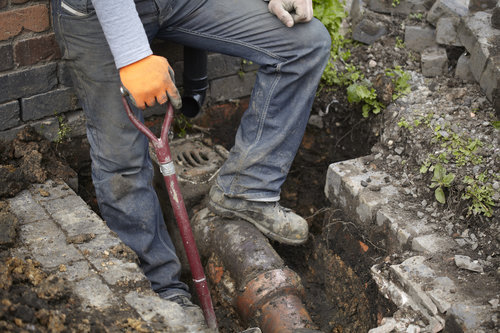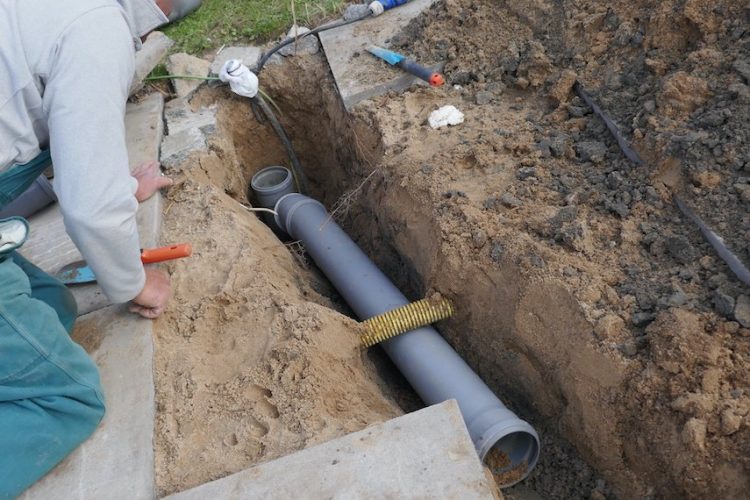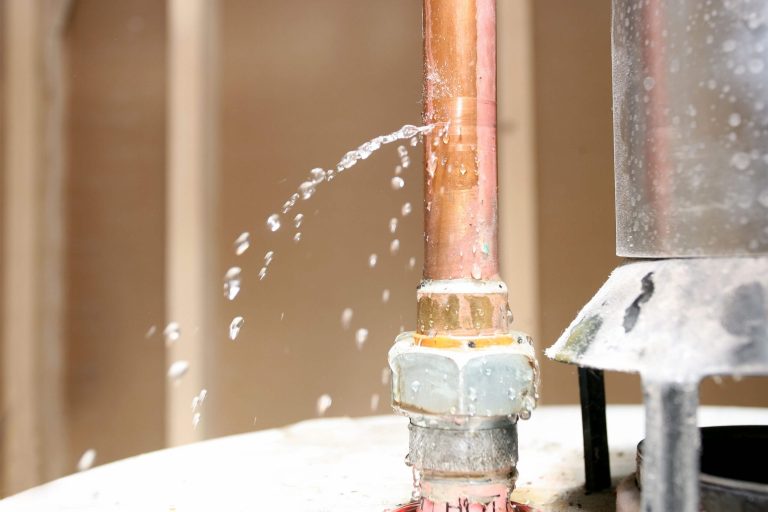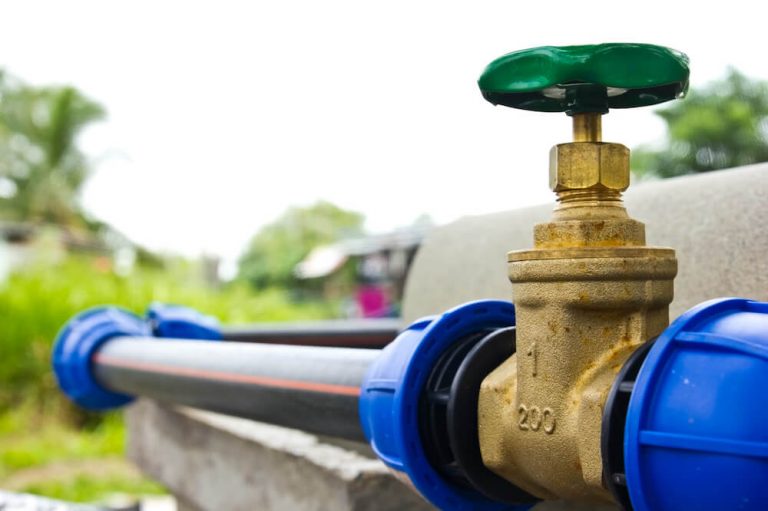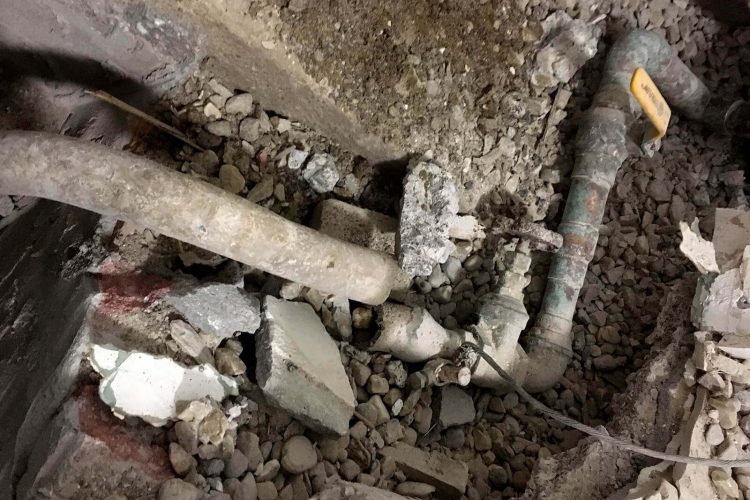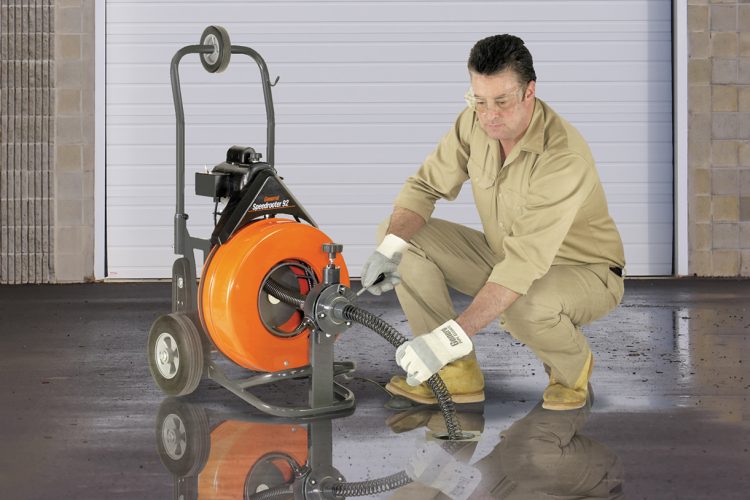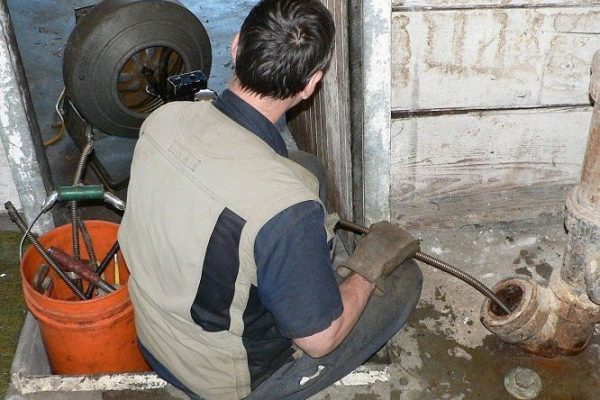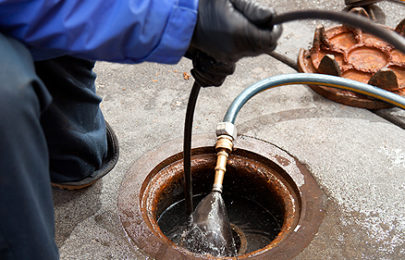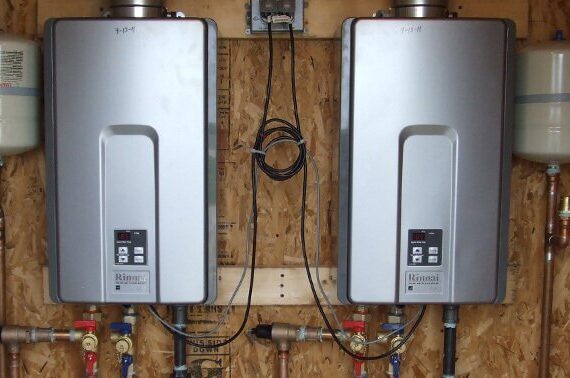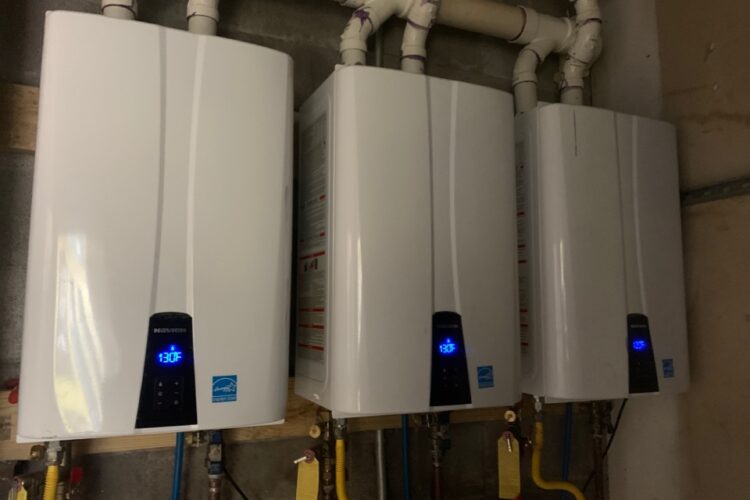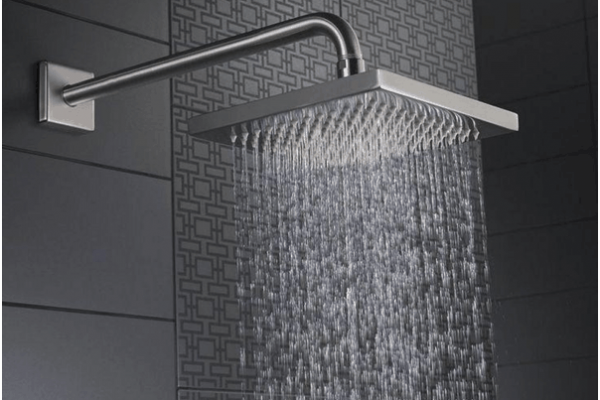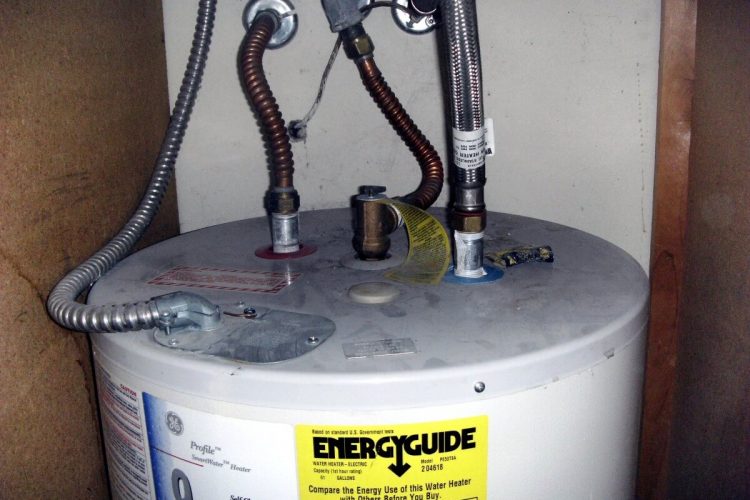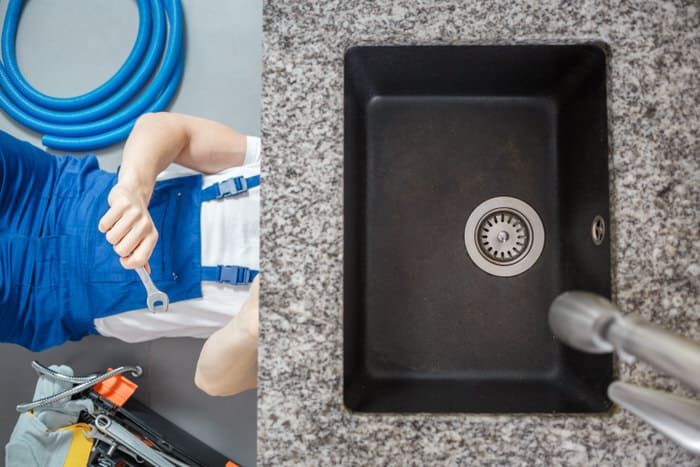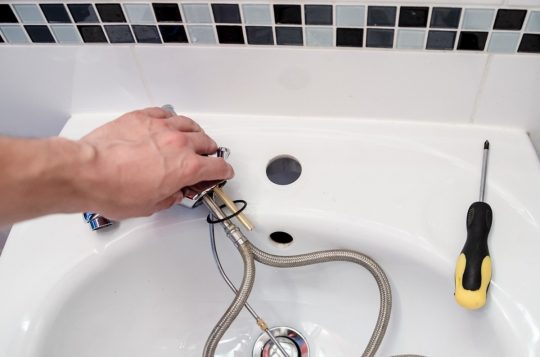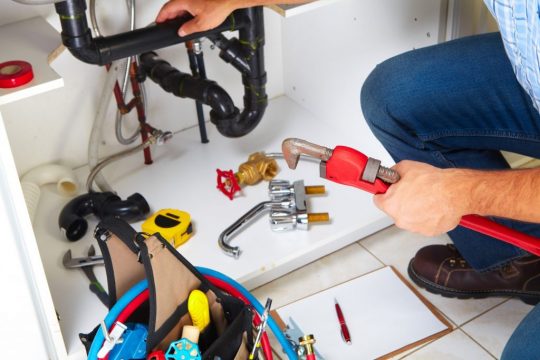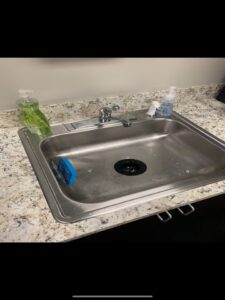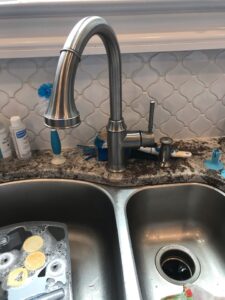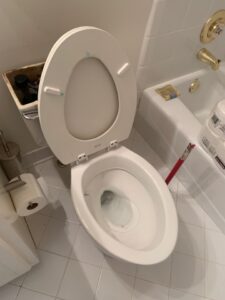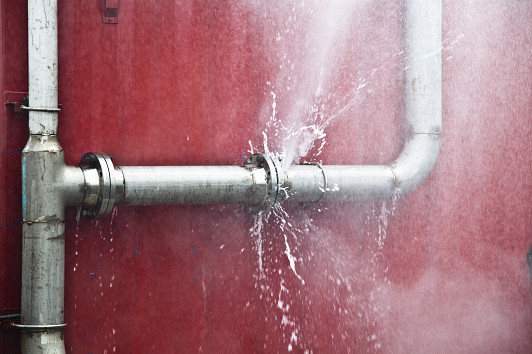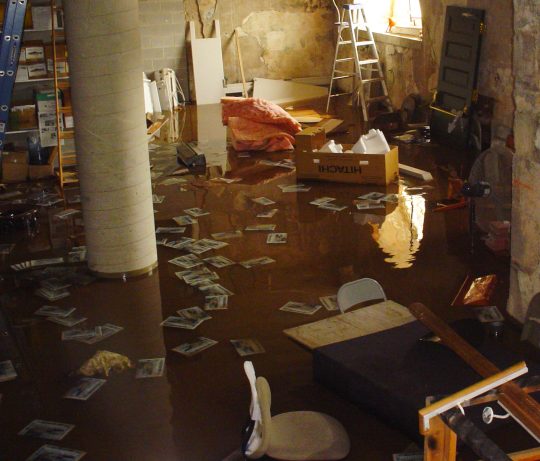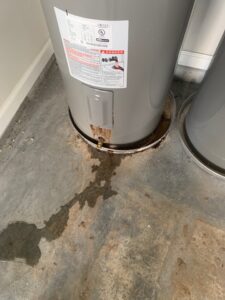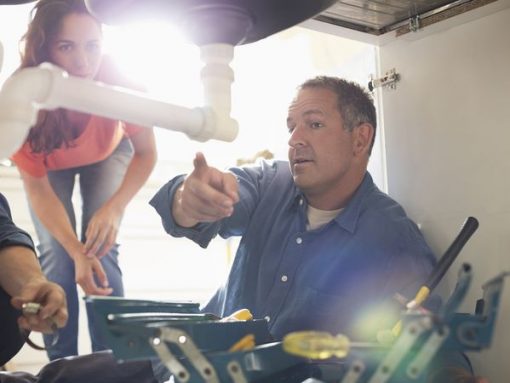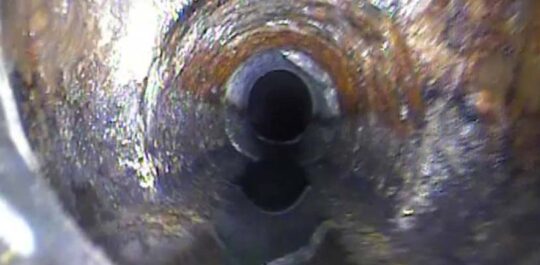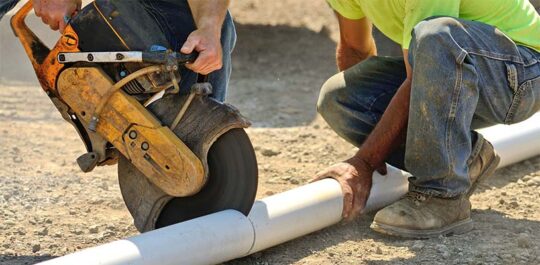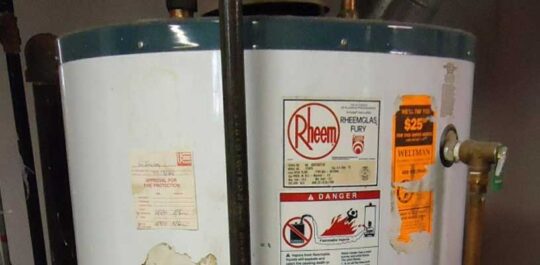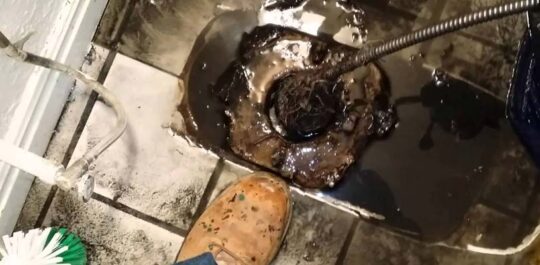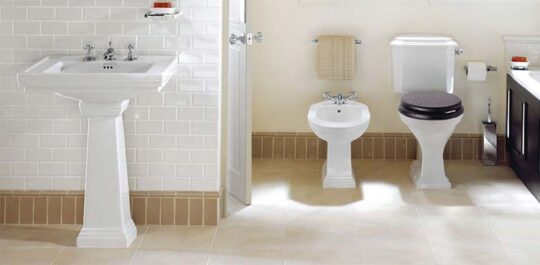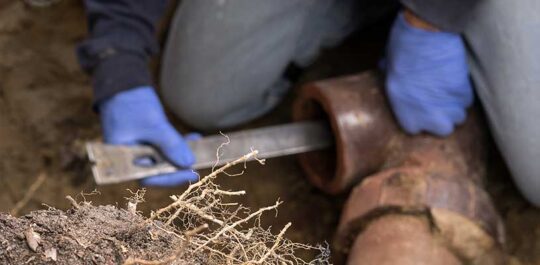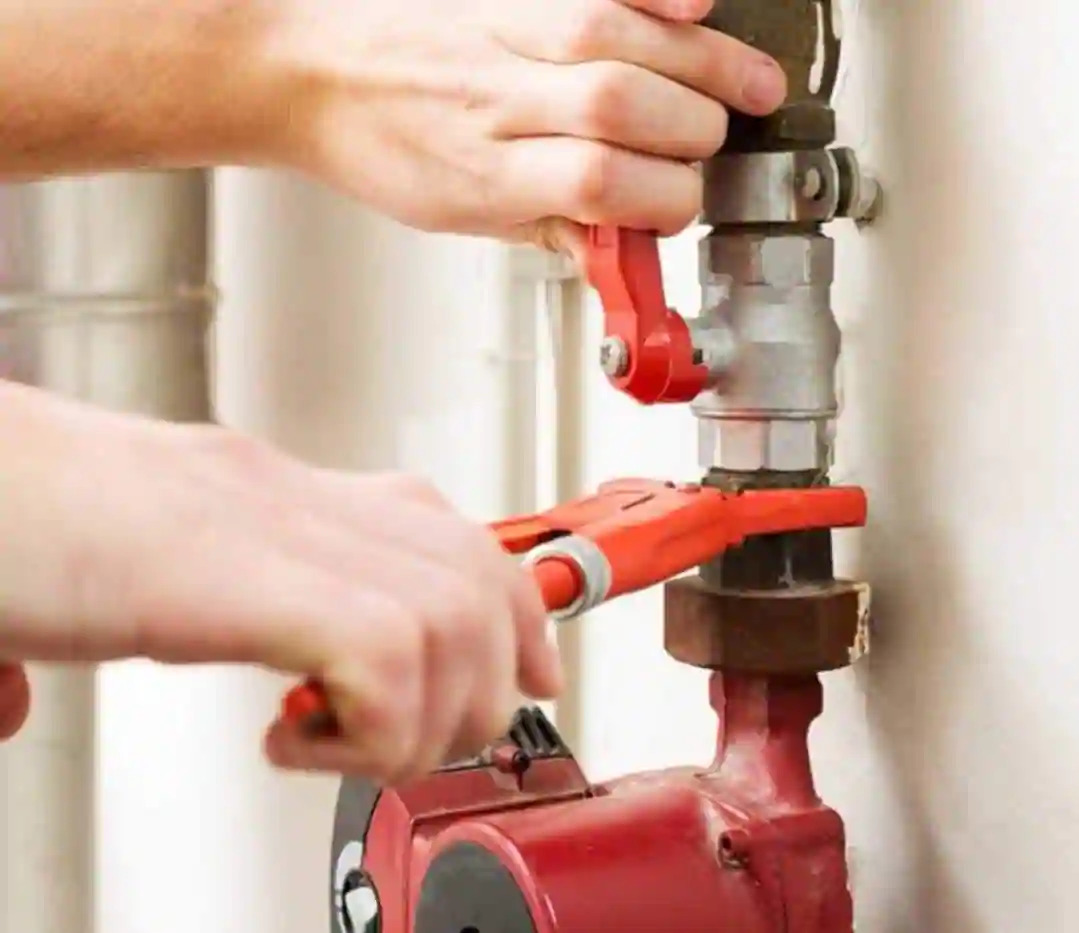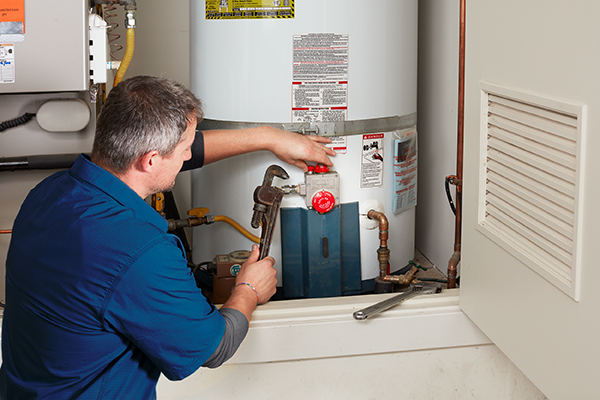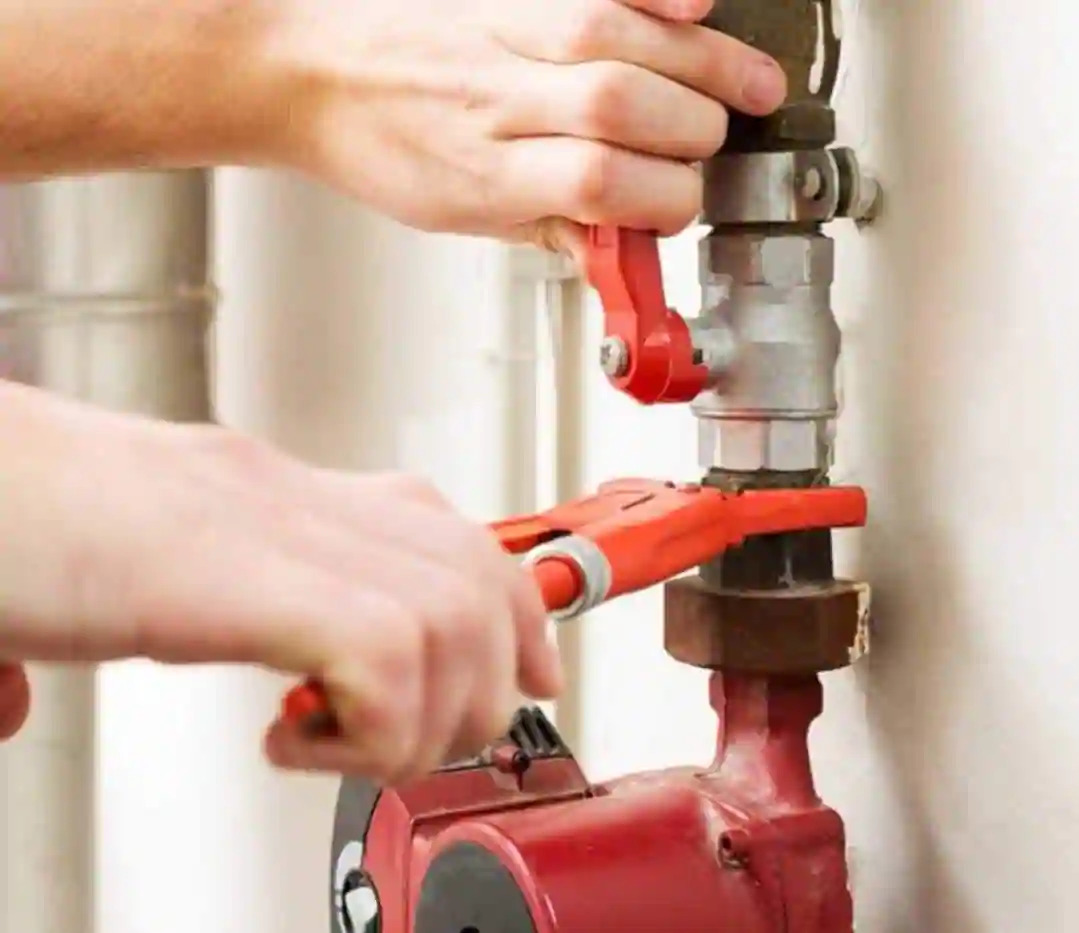Keep Your Home Mold and Mildew Free
Mold and mildew thrive in humid environments, such as bathrooms and kitchens, particularly when there is not sufficient ventilation of fresh air. It can be particularly problematic during winter when all the windows and doors are closed, and when freezing temperatures cause pipes to freeze and small cracks to form around the plumbing joints. As the temperatures rise again and the ice starts to melt, you may not note small leaks at first and since there is insufficient ventilation, the standing water becomes a breeding ground for mildew. Mildew, which is the early stages of mold can rapidly spread, causing a myriad health concern. In fact, long-term mold toxicity can lead to infections and even death. Symptoms of mold toxicity appear slowly over time and can be cumbersome to get rid of once they set in. Mold can also cause tremendous damage to your home, and you will need to call in professionals to remove it. Why risk your health and home when you can simply take precautions to avoid mildew and mold infesting your home? Mold has its uses as it helps to break down fallen leaves, which in turn nourish the soil. However, the mold is best left outside, as it causes all sorts of problems for pregnant women, the elderly, the infirm and young children. It is especially bad for people who are already predisposed to lung conditions. You need to detect and remove mold quickly from your house, and today, our master plumber will show you how.
1. Be Vigilant for Mold in Your Home
Mold spreads rapidly (within 1-2 days), so always be on the lookout for it. You must do regular spot checks on places in your home, especially in the most humid areas and those where there is most likely to be excess water. Mold can attach itself to almost any type of surface, especially in areas such as:
Wooden surfaces
- Insulation
- Cardboard
- Food
- Wallpaper
- Tiles
- Ceilings
- Tiles
2. Have Supplies Handy
Remember that mold removal is much more complex than other home cleaning tasks. Because it is toxic, you need to take additional precautions to protect yourself and adjacent areas. You will need the following tools to get rid of mold:
- Chlorine bleach
- Sponges and a mop
- Brushes and a bucket
- Rubber or latex gloves
3. Removing Mold From Your Home
Scrub all mold-infected areas vigorously with bleach until the mold has been totally removed. You then need to dry the affected area thoroughly. You don’t have to spend huge amounts of money on cleaning substances to get rid of mold. Some homeowners prefer more natural options, and you may use vinegar as an alternative. Simply apply the vinegar and allow it to stand for some time before washing it off. Vinegar is an extremely powerful cleaning agent and will clean mold and mildew easily, especially in the bathroom and shower area. Regular application of vinegar to these areas will keep the mold away and your bathroom and shower clean. Vinegar is inexpensive so use it liberally when wiping down tiles and other affected areas in your bathroom. If the mold has been left unattended for a long time, you may even have to sand and paint the affected area with mold-resistant waterproof paint once you have removed the mold.
Consider installing a dehumidifier and fans to ensure proper ventilation and to remove excess moisture from your home. Both these items are relatively inexpensive when compared to the costs of removing mold and repairing property damage.
- Place moisture absorbers all over the house where moisture is likely to occur.
- Install an extractor fan in the bathroom, or run a fan for 10 minutes after you shower. This will help dry up any moisture.
- Basement Waterproofing: Your First Defence Against Mold
The basement is one area in the home that many people avoid at all costs. It is also the area that serves as a utility room for plumbing and your sump pump. For that reason, that’s one of the most common sites for mold and mildew growth. These rooms are not often frequented so mold can grow there quickly and undetected. Be sure to waterproof your basement before the rainy season, and speak to your Atlanta plumber about installing French drains to prevent water backups that may eventually flood your basement. In the event of a basement flood, call the professionals to get rid of the mold. If left undetected, the mold will fester quietly and your family’s health may be jeopardized as a result. It will also destroy your floorboards, hardwood, walls, ceilings and floors. Rely on Ridgeway Mechanical for all your basement waterproofing, leak detection, and other plumbing services in Atlanta. We are committed to keeping your home mold-free and safe for your family.

